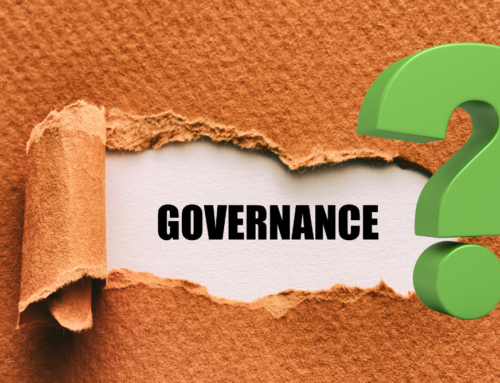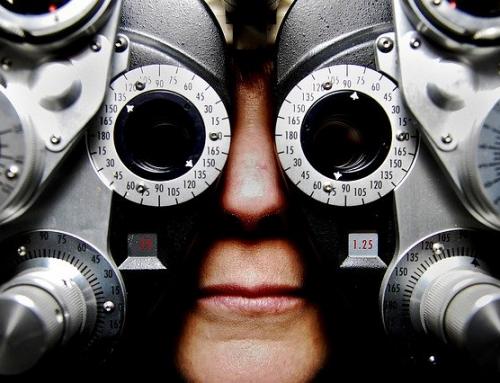This insightful post on the role of the Board of Directors originally appeared in the Boardroom Metrics CEO blog. It remains as relevant today as when it was written.
———————————————————————————————————————————————————–
Part I describes the importance of the Board’s governing role. See Part I here.
Part II is about the Board’s Chair…..
….managing Board effectiveness is the responsibility of the Board chair. There isn’t a more important role in the organization. Staffing the Chair role requires careful planning and insight.
There are 6 key qualities of a good Board chair:
- time to do the job – there are more time demands on the Chair than on anyone but the CEO
- solid team builder – getting the Board on the same wavelength and creating a good working relationship with management
- good delegator – there’s a lot to do; the only way to get it all done is through other people
- comfortable with process – the mechanics from running meetings to information disbursement are almost as important as what the Board talks about
- strategic – able to lead and keep the Board focused on the high leverage issues, not minutiae
- firm – knowing how to take and keep control when members, stakeholders disrupt effective workings of the Board
Overall responsibility for the Board falls to the Chair. However, strong committees are also vital to a Board’s success. These committees enable the Board to stay focused and up to speed on issues like audit, compliance and human resources. A recent study shows that the average large corporate board in the US and Canada has between 4 and 5 committees.







Leave A Comment